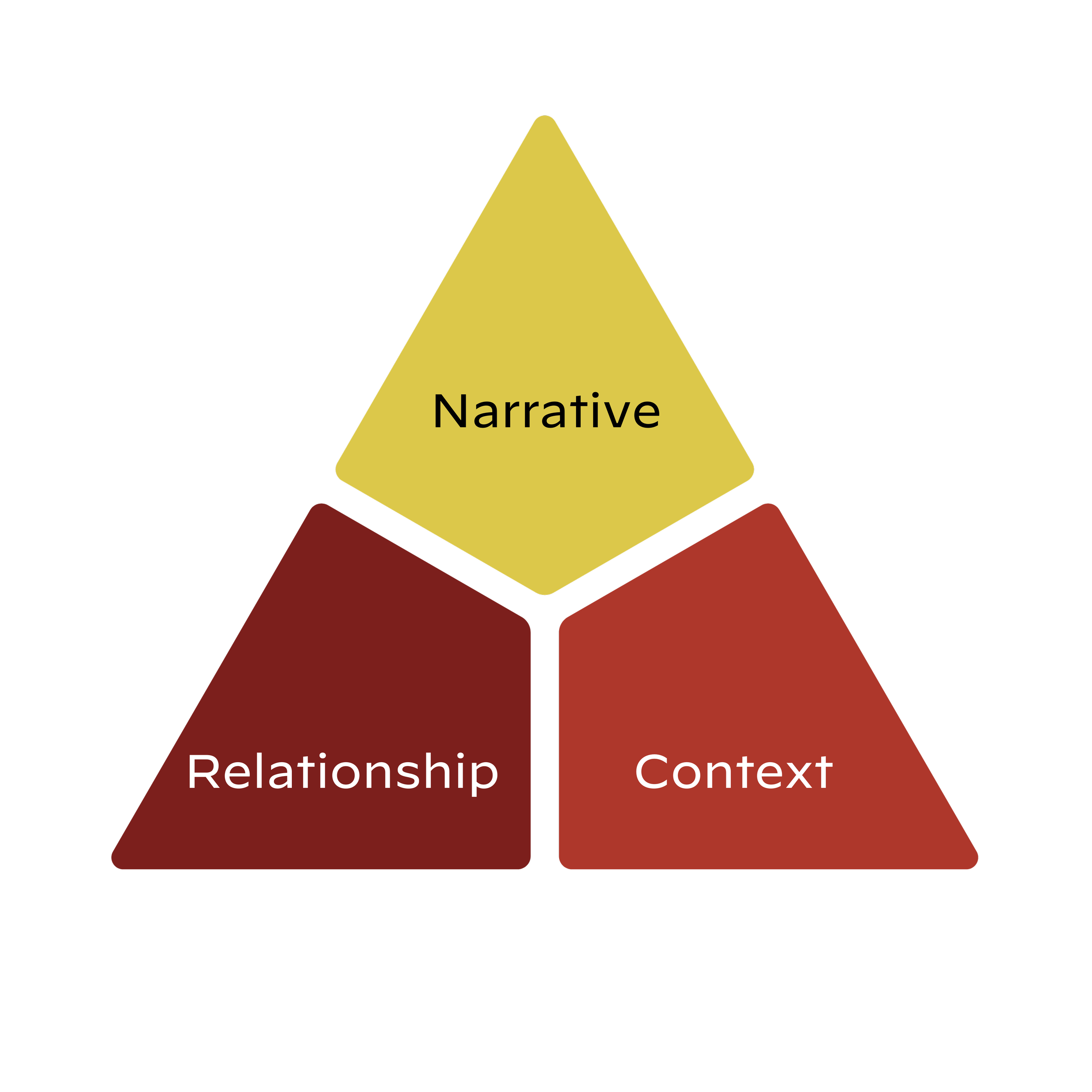
Decolonizing Methodologies
Future-building through Indigenous knowledge, relationality, and data sovereignty.
Data Collection is a sacred Indigenous ancestral practice.
It has and always will be part of our traditional ways of being. This short film by the Urban Indian Health Institute, one of IHEI’s key partners, depicts data as a storytelling and gathering practice shared with respect, reciprocity, and intention, guiding IHEI’s model of Health Justice Data Sovereignty.
Indigenous Storywork Toolkit
A decolonizing, relational approach to data & knowledge.
Storying Methodology grounds data in narrative, context, and relationship. It centers Indigenous storytelling as a relational, political, and transformative practice, reclaiming Indigenous knowledge systems as sovereign and living forms of theory and governance.
The Indigenous Storywork Toolkit is a praxis framework for decolonizing health, research, and institutional systems by centering Indigenous storytelling as relational, political, and transformative practice.
Storywork challenges colonial systems that position Western knowledge as superior. It recenters Indigenous epistemologies, validating story as a mode of theorizing, healing, and governing. Through storying, Indigenous peoples restore relational accountability between human and more-than-human worlds, reclaiming the ethics and structures that sustain Indigenous life.
This toolkit supports IHEI’s mission by providing guidance for integrating Indigenous Storywork into institutional frameworks, data governance, and policy. Storywork operates as both a decolonizing method and an Indigenous resurgence strategy, restoring balance, dignity, and self-determined Indigenous futures.
Leanne Betasamosake Simpson describes storying as:
“future building; it is how we breathe life into the worlds we want to live in.”
Storywork is therefore not only a practice of resistance but a generative act of resurgence that builds the ethical, relational, and intellectual foundations for Indigenous futures.
This framework was developed by IHEI to guide systems transformation grounded in Indigenous values.
Building Stronger Indigenous Self-Determination
The Self-Determination Assessment & Advocacy Tool is IHEI’s practical framework to ensure decolonizing work in public health and data systems is real, guided, and protected—especially inside spaces not led by Native people or grounded in Indigenous values.
It helps institutions, researchers, and community partners examine whether policies and practices strengthen or undermine Indigenous self-determination, pairing assessment with an advocacy pathway to move from awareness to structural change.
An Assessment and Advocacy Tool to Incorporate Decolonizing Principles for Data Justice
*NOTE: These materials reflect the current stage of our work and will continue to evolve as we integrate community guidance, relational feedback, and emerging learnings. We are sharing them here to provide visibility into the work as it evolves because these teachings carry responsibilities that call us to share them even as they continue to take shape.
The tool serves three interconnected purposes:
Assessment – Reflect on how current practices either perpetuate or disrupt colonial harm in data and health systems.
Accountability – Use Indigenous-defined non-negotiables to create transparent, community-led evaluation and course correction.
Advocacy – Support Indigenous communities in defining, articulating, and advancing demands for decolonizing systems of power.
It reframes “equity” away from inclusion in colonial systems and positions self-determination as the standard and measure of justice.
Frameworks that Guide the Tool
Healing Justice Continuum
The tool integrates a Healing Justice Continuum that identifies stages of transformation:
Curious – Beginning self-reflection and awareness of colonial complicity.
Engaged – Building early partnerships, unlearning, and starting power sharing.
Active – Implementing structural reforms with Indigenous voices leading key decisions.
Transformed & Healing – Embodying decolonizing practices with ongoing learning and relational repair.
Users revisit this continuum over time, anchoring progress in reciprocity, Indigenous oversight, and community-defined metrics.
Decolonizing Assessment Framework
A Decolonizing Assessment Framework invites reflection on readiness and accountability through guiding questions across areas such as:
Centering Indigenous communities
Funding and support
Systems change and governance
Example evidence includes permanent Indigenous oversight for data release, narrative/story as data, Indigenous language and art in data products, data reciprocity, and decolonized metrics of success.
Core Principles: Community Non-Negotiables
The tool is rooted in six community-defined, minimum-standard principles that signal evidence of decolonizing in action and stronger Indigenous self-determination:
Disruption of White Settler Colonialism – Naming, confronting, and dismantling colonial systems, practices, and ideologies, including data genocide and assimilation tactics.
Cultural Affirmation – Creating spaces and systems that honor Indigenous identity, language, art, and relationship to land as foundational to wellbeing.
Indigenous-Led Decision-Making & Accountability – Locating decision-making power and accountability with Indigenous communities and sovereign Nations—urban and rural alike.
Power Shift & Structural Redistribution – Transferring power, resources, and authority to Indigenous governance systems, including permanent funding for Indigenous oversight.
Cultural Practice – Grounding public health and data systems in Indigenous science, languages, ceremony, relationship to Mother Earth, storytelling, and reciprocity.
Ancestral Wisdom – Honoring ancestral knowledge as living, intergenerational guidance, with Indigenous knowledge holders leading decisions.
Indicators of Decolonizing in Action (Snapshot)
As institutions work with the tool, progress may be reflected in indicators such as:
Colonialism and anti-Indigenous racism named as structural determinants of health and data inequity.
Indigenous nations or organizations governing data collection, ownership, and release, with the right to say no.
Budget lines, roles, and authority shifting to Indigenous governance bodies.
Storytelling, oral history, and art recognized as valid forms of data.
Success measured by balance, kinship, healing, and collective wellbeing—not just technical metrics.
This tool is both a mirror and a map—a way to see where colonial systems still shape data and public health, and a pathway to replace them with Indigenous-led leadership, wisdom, and practice.
Acknowledgements
We offer deep gratitude to the Indigenous leaders, Elders, and community members whose wisdom and lived experiences guide this work. Their teachings ground IHEI in relational accountability and the understanding that knowledge is collective, embodied, and carried through story, land, and kinship. This tool is a living framework that continues to evolve through community collaboration, vetting sessions, and ongoing practice.

